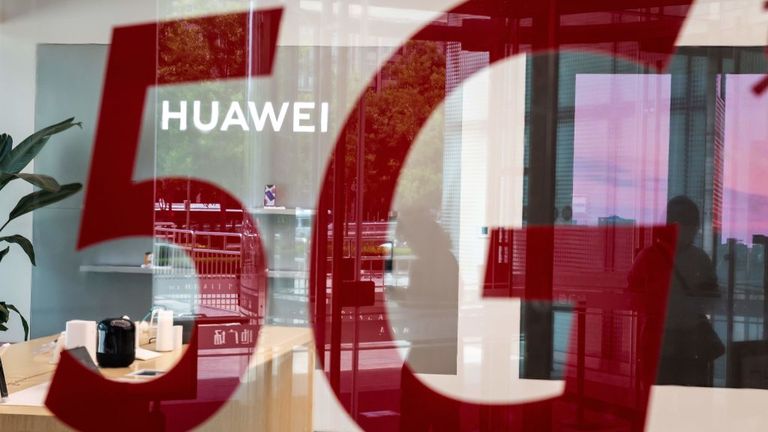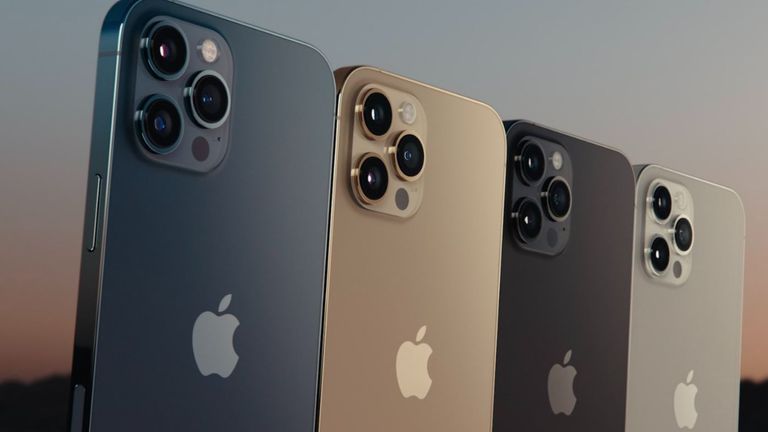Ericsson will supply equipment for BT’s 5G network in major UK cities, including London, Edinburgh, Belfast and Cardiff.
The Swedish firm’s equipment is expected to manage around half of 5G traffic for BT and its main brand EE, with Nokia already having been announced as another partner in the project.
BT’s chief technology and information officer, Howard Watson, said: “In the nine months since the initial decision, we’ve signed significant new deals with two of the world’s leading equipment vendors, Nokia and Ericsson, that will enable us not only to meet our commitments to the UK government, but to continue building out our award-winning 5G network across the UK and to consolidate our leading position in mobile.
“Two deals may not sound like a lot, but the scale and complexities involved mean that getting these agreed in just nine months is a real testament to the hard work of hundreds of people across the business.”
Borje Ekholm, president and chief executive of Ericsson, said: “BT has a clear direction in how it wants to drive its 5G ambitions in the UK and we are delighted to be their partner in delivering that.
“Having already been selected to partner in 5G Core, we are pleased to strengthen the relationship further with this deal that will deliver high performance and secure 5G to their customers across the UK’s major cities.”
In July, Chinese firm Huawei was banned from the network after the US toughened sanctions, preventing American companies from providing the company with computer chips.
Telecoms companies in Britain were told they had to remove Huawei equipment from the 5G network by 2027.
They were also ordered to stop buying new 5G infrastructure from the firm by the end of the year.
It was thought the changes could delay 5G by up to three years and increase costs by up to £2bn.
At the time, acting on the advice of the National Cyber Security Centre, Prime Minister Boris Johnson accepted the US sanctions on Huawei were a “game changer”.
Downing Street had previously allowed Huawei to have a role in the UK’s 5G infrastructure – a decision that came little more than six months ago.
There had also been concerns about Huawei’s allegedly close links to the Chinese government, with fears that its equipment could be used for espionage purposes – something the company has always denied.


